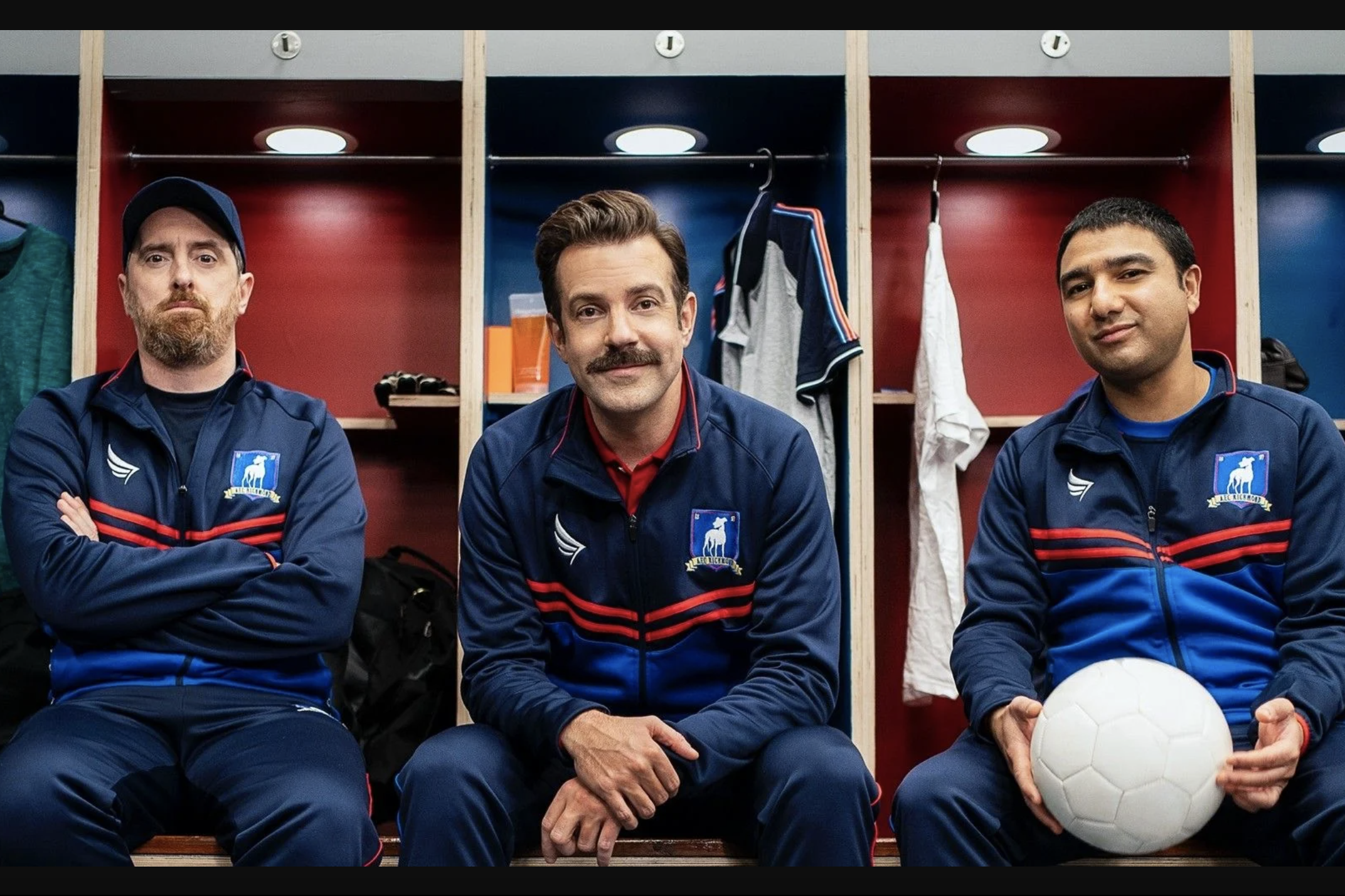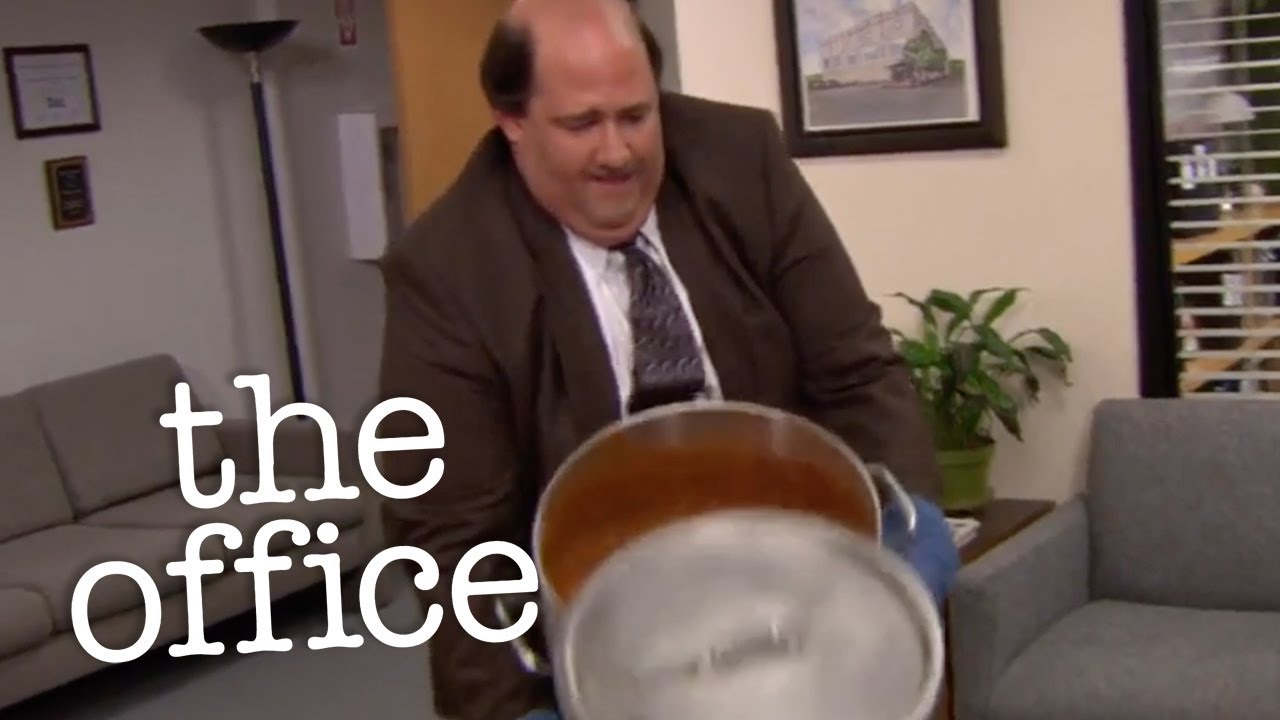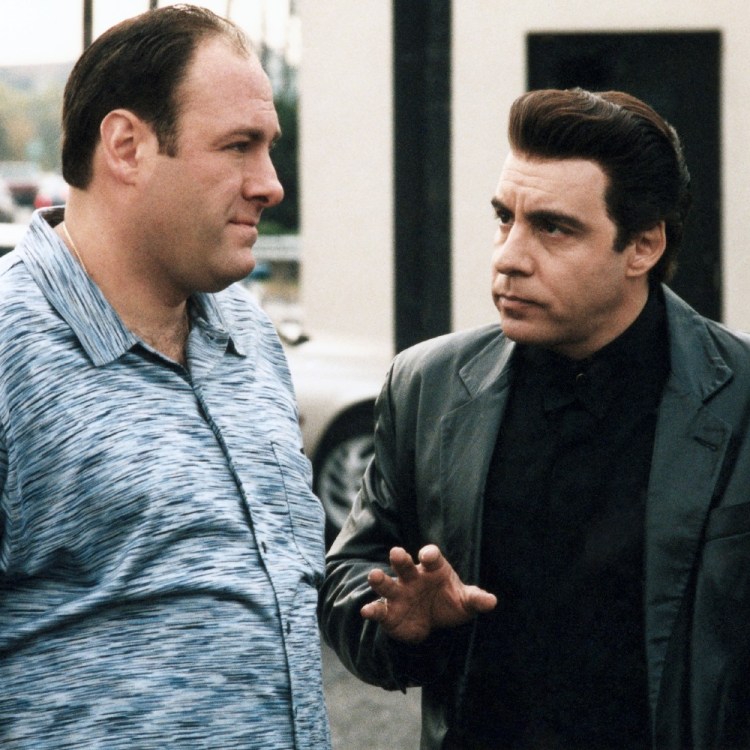Ted Lasso is one of the biggest hits on Apple TV+, both critically acclaimed and commercially successful, so it seems like a no-brainer that the streaming service would be open to renewing it for as many seasons as possible. But it turns out that might not be in the cards. In a new interview, writer and star Brett Goldstein says the heartwarming soccer sitcom’s forthcoming third season will likely be its last.
“We are writing it like that,” Goldstein, who plays Roy Kent on the show, told the Sunday Times when asked if Season 3 would be the final season of Ted Lasso. “It was planned as three. Spoiler alert — everyone dies.”
Jason Sudeikis, who plays the titular character, also has hinted in the past that a three-season arc was always the plan, though he seemed a little more open to deviating from that formula.
“The story that I know is the one that I wanted to tell, and so that’s the one we’re telling with the help of numerous people in front of and behind the camera, so it’s by no means me typing every key stroke and saying every word,” Sudeikis told Entertainment Weekly in 2021. “It’s nowhere near like that. But the story that’s being told — that three-season arc — is one that I see, know and understood. I’m glad that they are willing to pay for those three seasons. As far as what happens after that, who knows? I don’t know.”
Here’s hoping he sticks to the plan and wraps it up after three seasons. It’s refreshing to see a show like Ted Lasso actually go out on a creative high note and end when the story reaches its natural conclusion rather than greedily trying to squeeze in as many seasons as possible. In the U.K., where Ted Lasso is set, it’s much more common for TV shows to wrap after two or three seasons, but here on this side of the pond, networks and streaming services still refuse to believe you can have too much of a good thing. (The British version of The Office, for example, only ran for two seasons, while the American version hung on for nine — including two without Steve Carell as its main character, Michael Scott. Can you imagine how much greater the show would have been if it ended with Jim and Pam getting together at the end of season 3 instead of slowly, painfully tapering off in quality over almost a decade?)
These days, even shows that start out as one-off, limited series have the potential to be renewed for an encore season. HBO’s Big Little Lies, for example, was based on a book — and thus had a clear beginning, middle and end to its story — but returned for a second, unremarkable season to try to milk fan interest in the show for all it was worth. Like Big Little Lies, Ted Lasso isn’t necessarily an open-ended story; its characters can only go through so much personal growth before they reach their inevitable happy ending. To continue to delay it, stretching out the narrative to accommodate more seasons, could lead to bad storytelling.
There’s no shame in quitting while you’re ahead, and more sitcoms should follow suit.
Thanks for reading InsideHook. Sign up for our daily newsletter and be in the know.


















